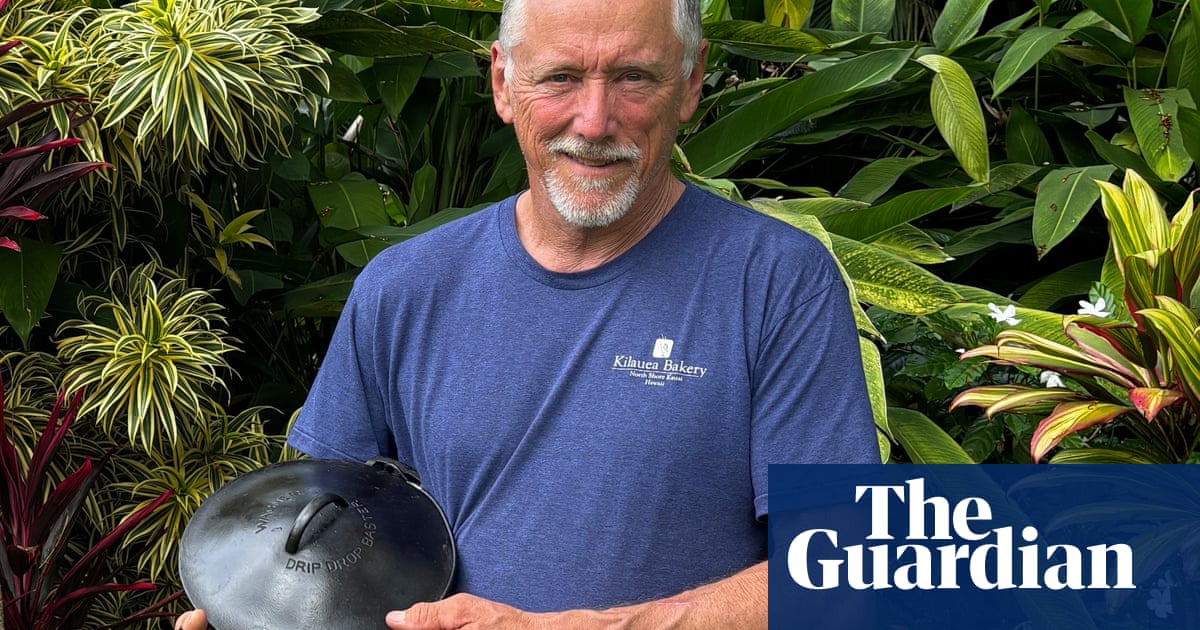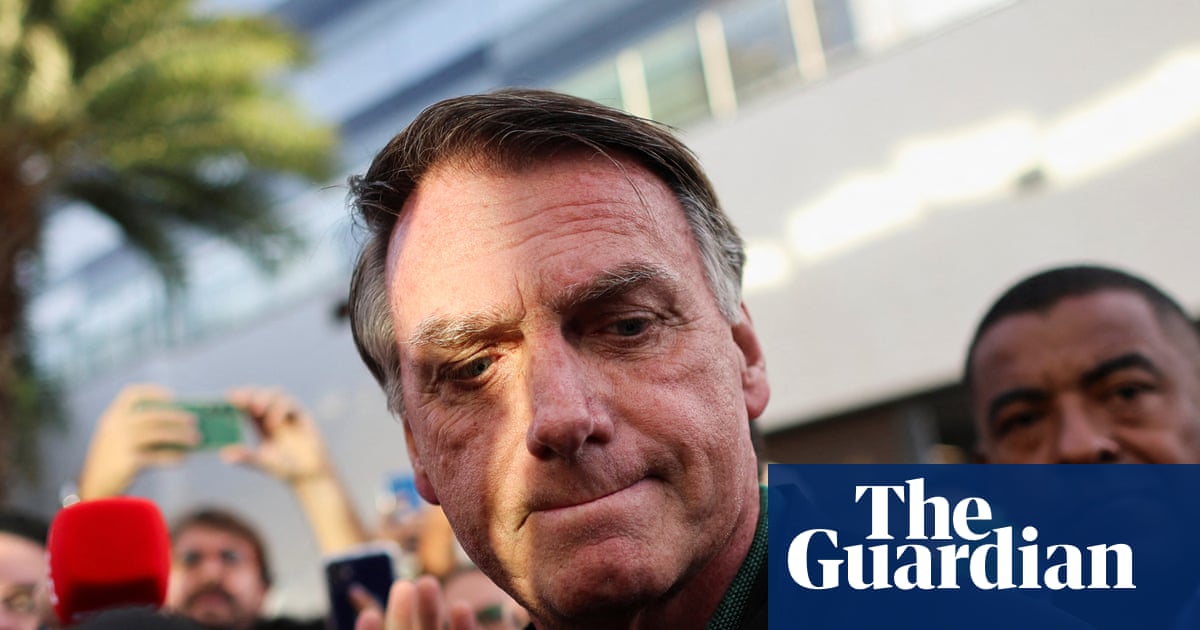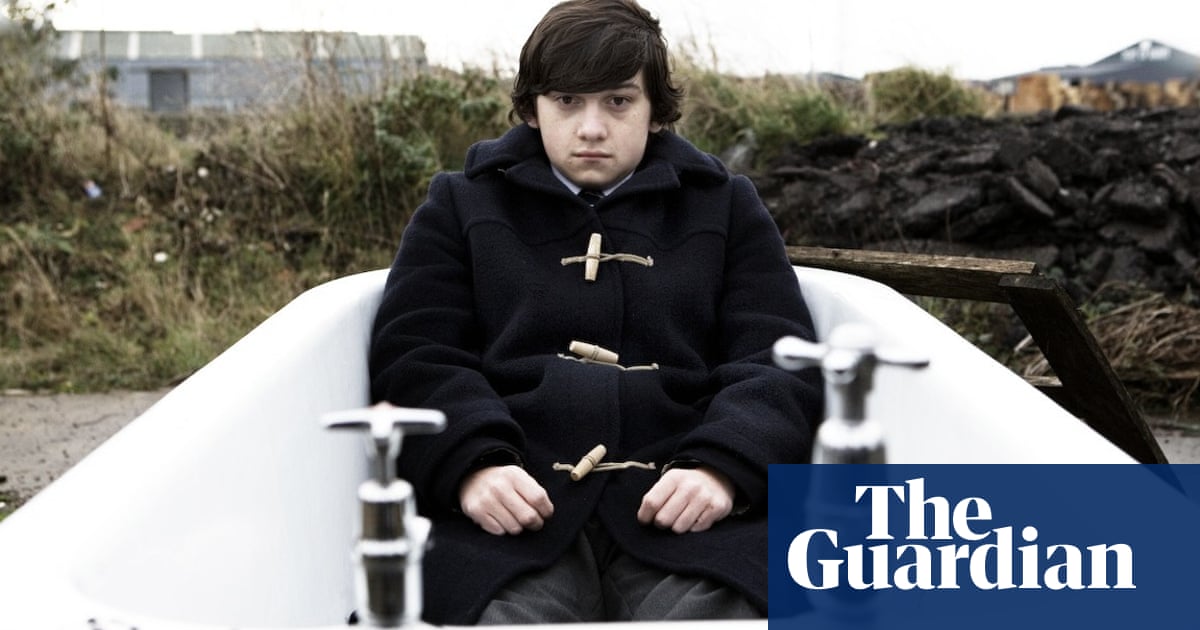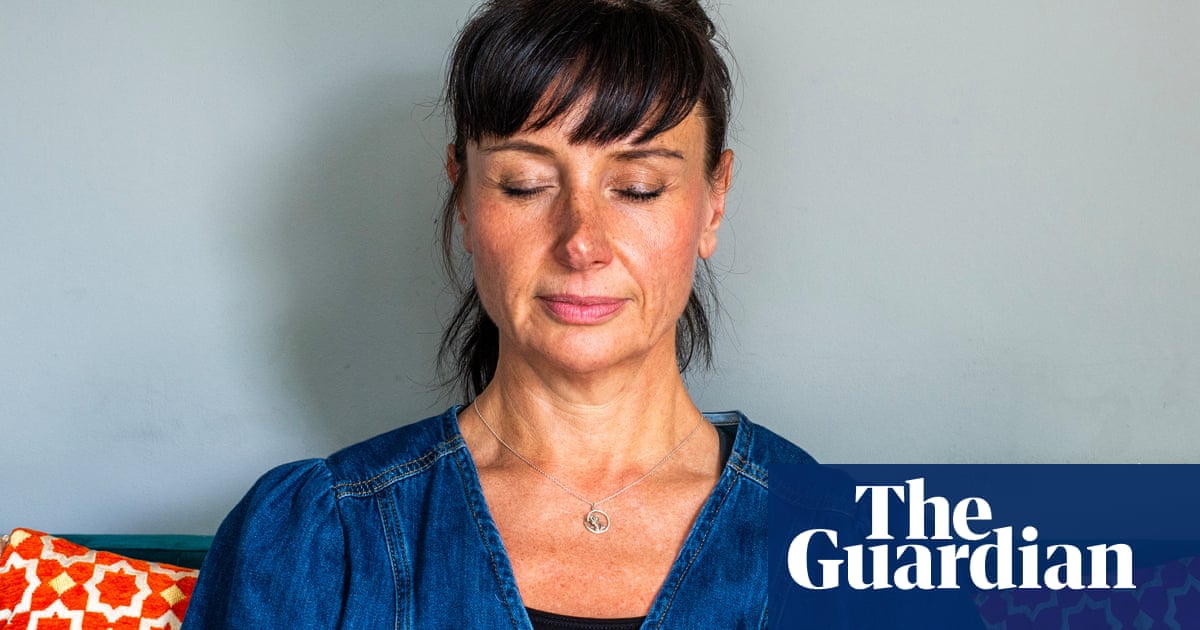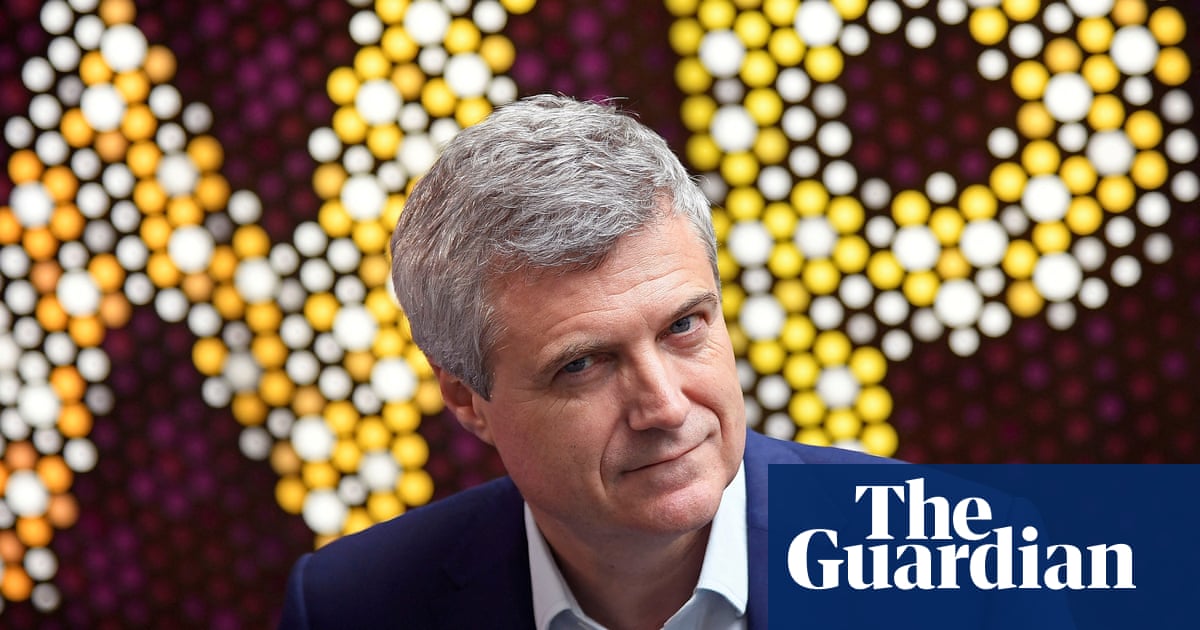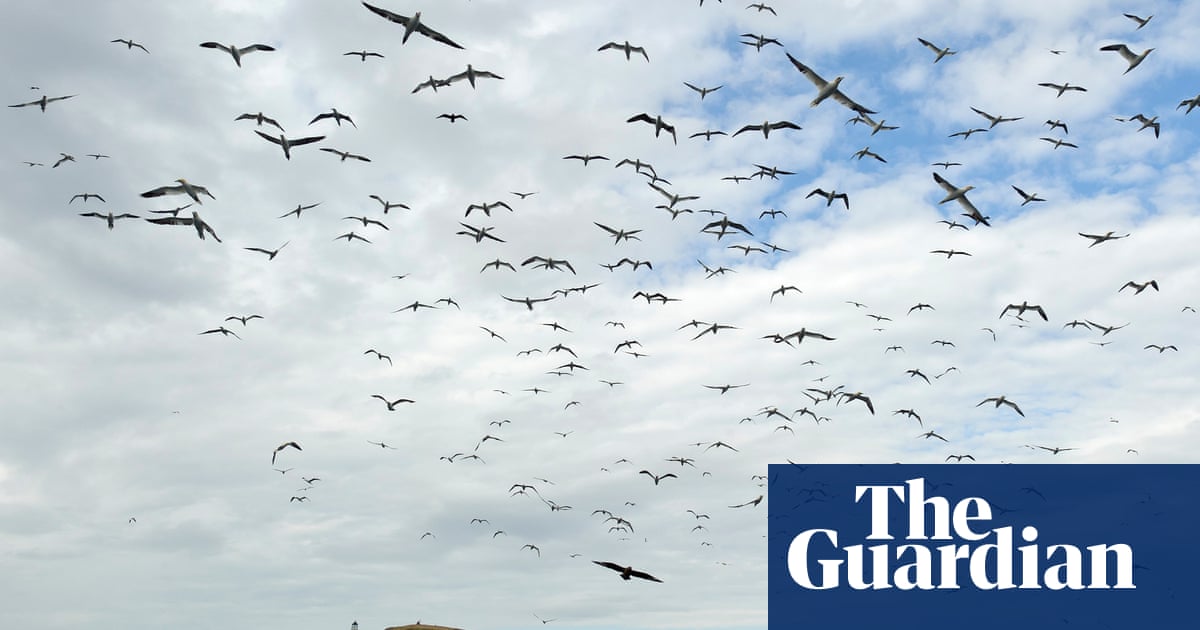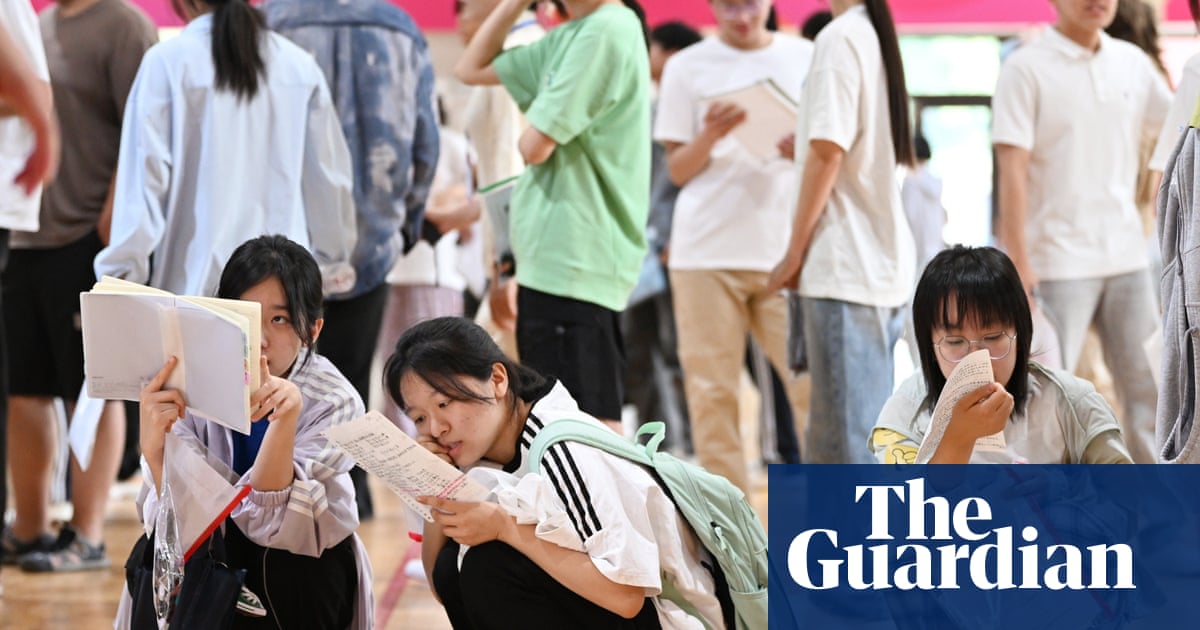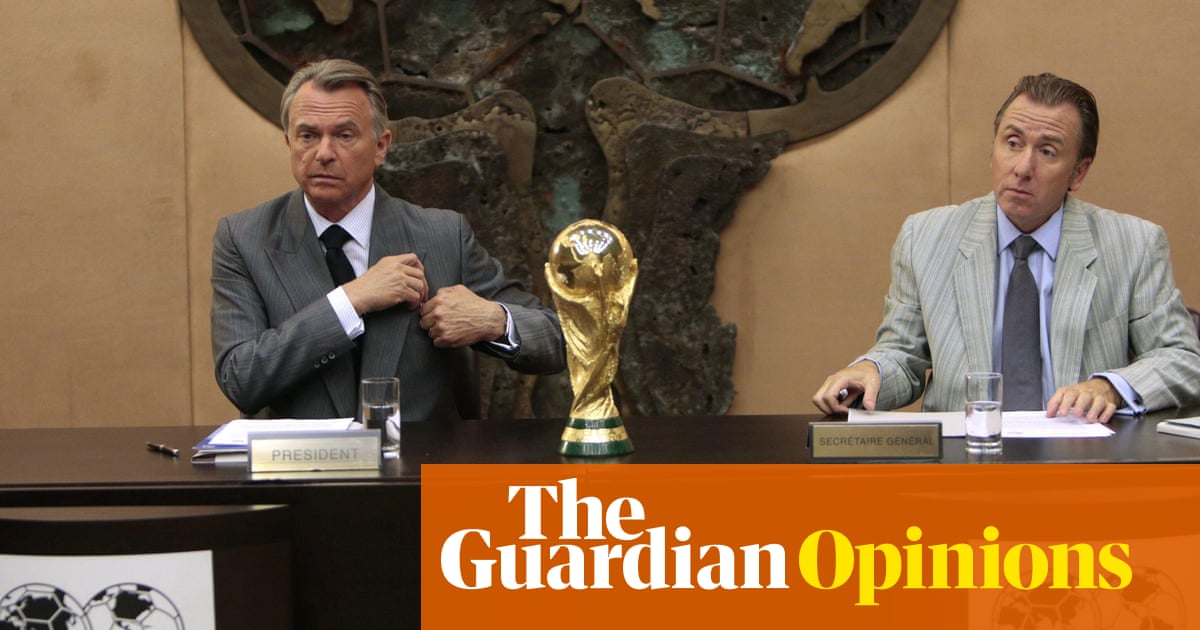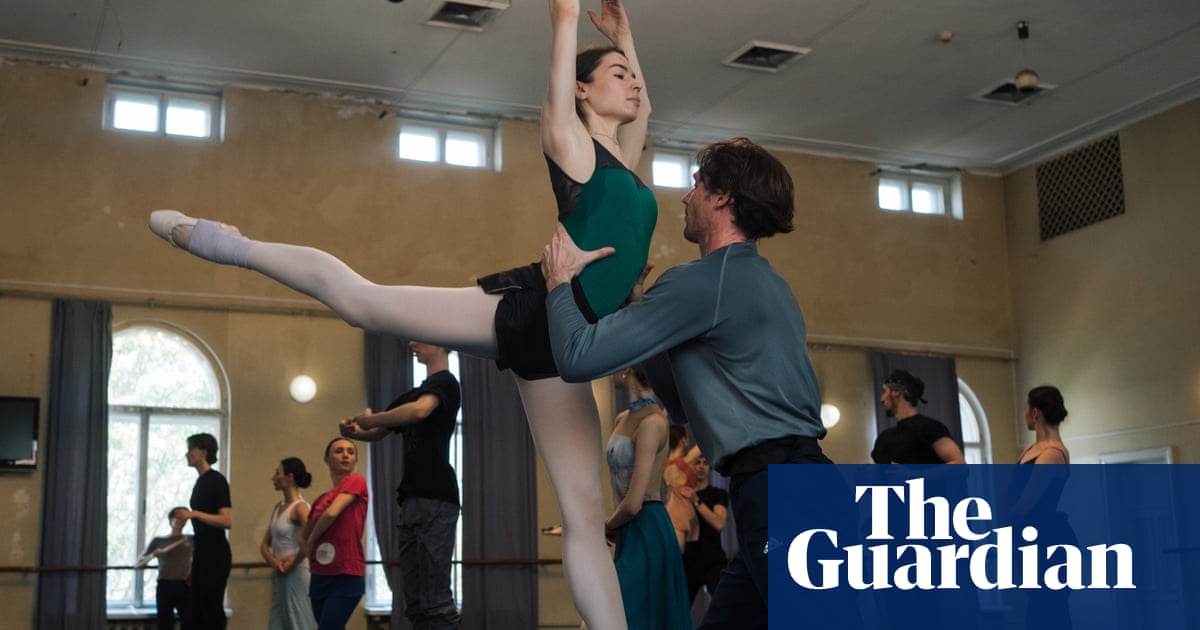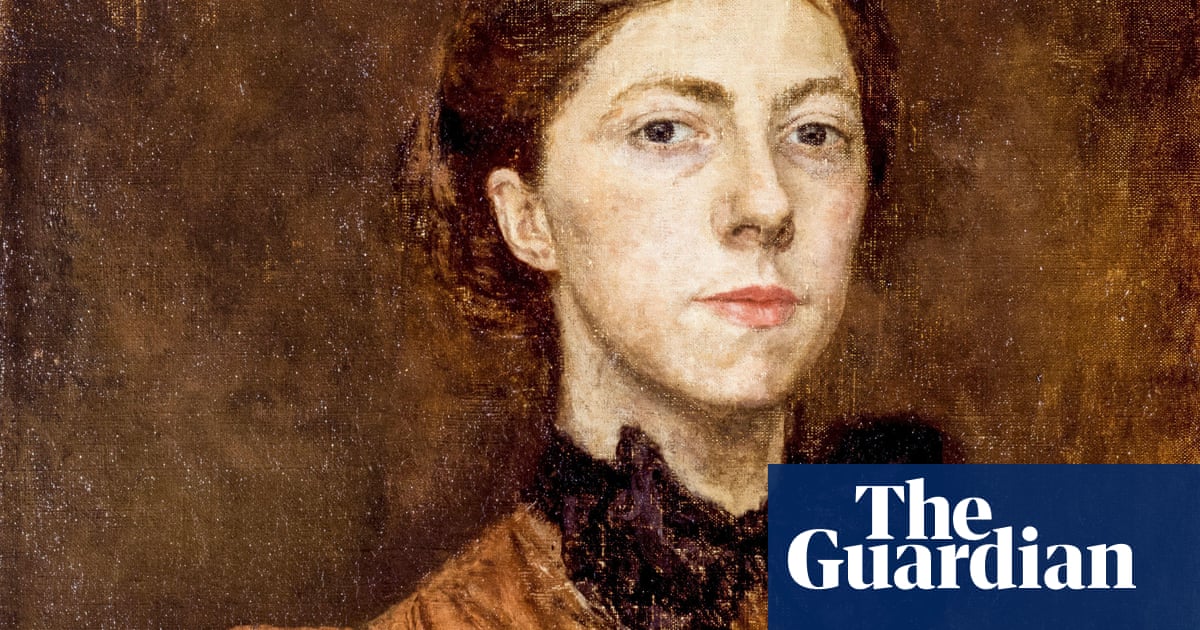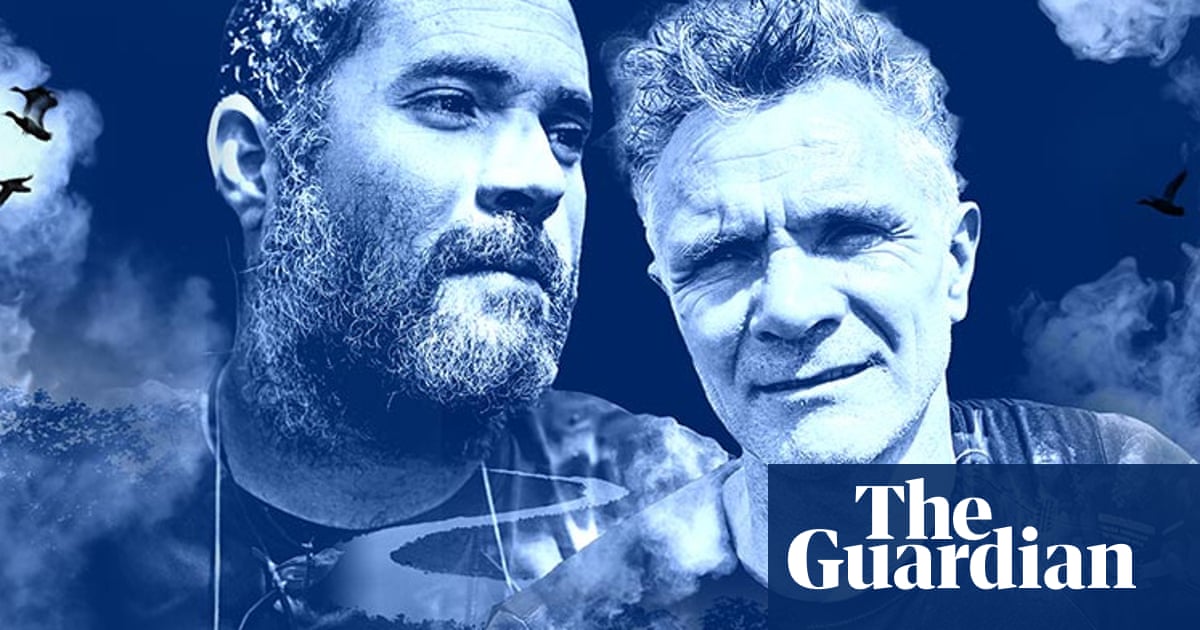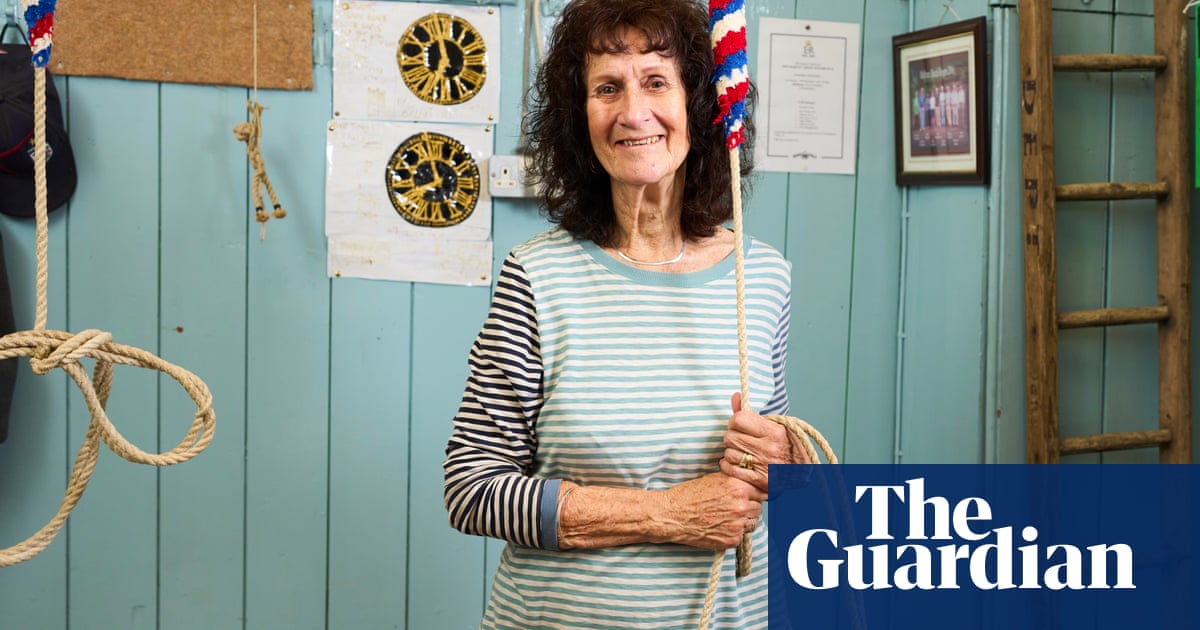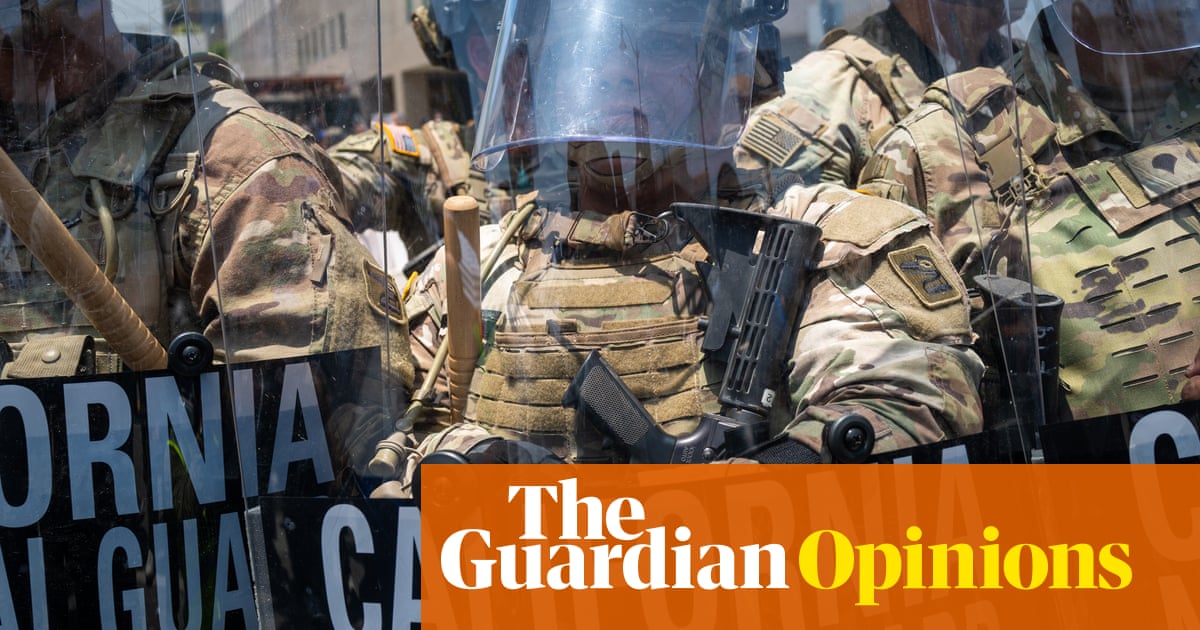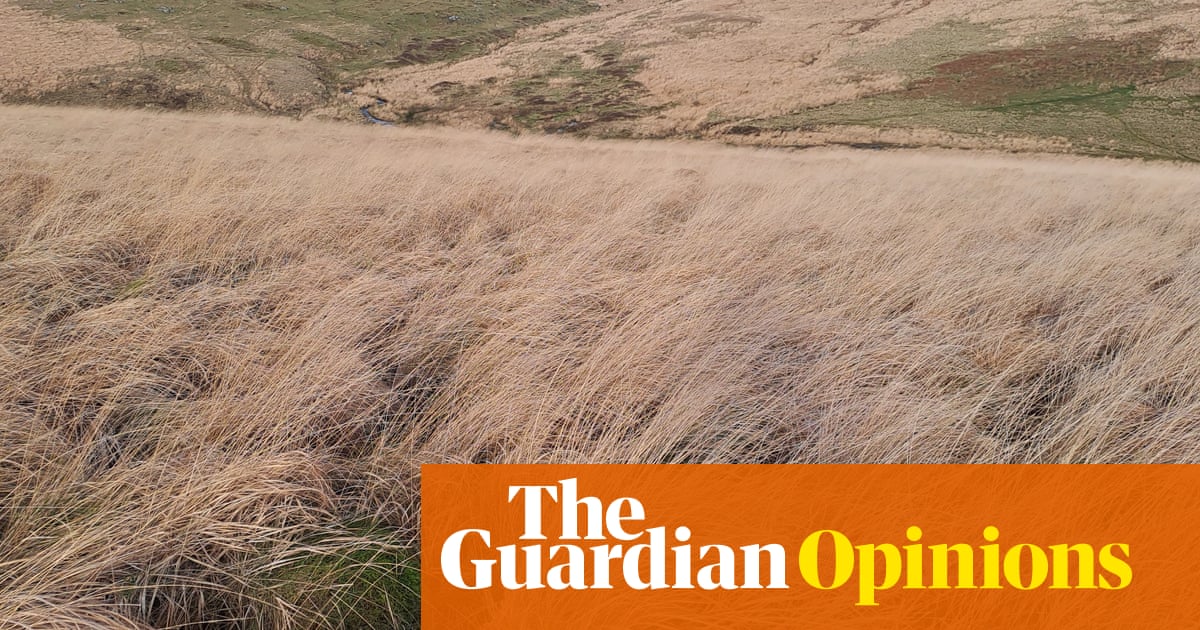Thick layers of dust shimmer in sunlight as Mohamad and Ahmad Malas sift through old belongings in their Damascus apartment, abandoned for 14 years.
The air inside is heavy with a scent of old wood. With every step the brothers make, the floor creaks. Chairs, couches and chandeliers in the living room are cloaked in dust, and on one of the walls portraits of their father and one of their brothers, who have died, hang frozen in time. There’s no electricity so they use their phone torches to light their way as they collect personal artefacts they long forgot about.

-
Mohamad goes through their belongings in Damascus in January, finding a box containing his love letters and memories collected from when he was young.
“Looking around brings back so many memories,” Mohamad says. “It’s painful.”
For the 41-year-old brothers, returning to their flat is bittersweet. Their apartment was more than just a home. It was once a stage, a space where they performed original theatre plays away from the watchful eye of the Bashar al-Assad regime, which tightly controlled and censored artistic expression. In the two years before they left Syria, they performed more than 200 plays in their home.


-
Mohamad searching for memories in a suitcase in Damascus.
But their lives changed in 2011 when they were arrested for participating in the popular movement that started on the heels of the Arab spring and sought to remove Assad from power.
Ahmad was wanted by the political police for sharing a revolutionary magazine with a friend, so the day security forces came knocking he fled immediately. Mohamad stayed behind to gather a few belongings before they escaped to Lebanon.

-
The wall of their home in Damascus is full of newspaper cuttings of their performances, portraits and inspiration.
Life there was uncertain, with Syrians facing the constant threat of deportation. Egypt offered brief stability, despite them feeling they could not continue their work as actors. Europe was where they felt they could freely perform with no censorship or threat.
In 2013, they arrived in France as asylum seekers, following a well-worn route across the Mediterranean. From Turkey, they crossed to Greece in a small boat, then travelled overland to France, arriving with no papers and speaking no French.

-
An archive picture from one of the brothers’ performances in France.
Their first year in France was a struggle, spent moving from city to city, unable to work and battling to learn the language. Eventually, they were granted asylum and settled in Reims, in the country’s north-east. There, they rebuilt their acting careers, landing roles in theatre plays, films, and television.
As they found their footing, they wrote and performed a play, The Two Refugees, chronicling the experience of refugees in France and inspired by their story. The production was a success and gained international recognition, taking them from Iraq to Japan and Jordan, often with the support of French cultural institutions.



-
Archive photos of their performances in France.
“France gave us security and a chance to continue our art in a free world,” said Ahmad. “They value theatre and cinema, so we were able to prove ourselves and make a living.”
They never imagined they would return to Syria. But as rebel forces were taking city by city, advancing toward Damascus in late 2024, they closely followed events from afar. Mohamad was at a film festival in Jordan; Ahmad was in France.

-
Ahmad holds a picture of him and his brother when they were young, found on the terrace of their apartment in Damascus.
On the morning of 8 December, Mohamad sent Ahmad a video. It showed people celebrating in a Damascus square, waving the revolution’s green flag and singing slogans against Assad. Ahmad could hardly believe his eyes. A deep longing stirred within them both. Soon after, Mohamad travelled from Jordan, and Ahmad followed from France.
“It felt like a dream come true,” said Mohamad of the moment they entered Syria. “We felt like we could fly, it was surreal to walk through the streets and not see Assad’s photos everywhere.”




-
Archive photos of their performances in Syria.
Though their immediate family members have long fled, many friends and relatives remained in Syria. Reuniting with them was full of emotion and in the weeks after the country was freed they would stand in the streets of Damascus thinking nothing felt quite real.
The brothers knew they had to bring their play home, so they started performing it across the country, from Aleppo in the north to the coastal city of Tartus. They were unsure how an audience that had never left would react to a story of exile.

-
The Malas twins in front of the gate to their apartment and the Akydumia in their yard in Damascus.
“Everyone understood it,” Mohamad said. “I get it now – because even though they never left, they felt trapped in their own country.”
Despite their return, France remains a second home. Ahmad is married to a Syrian woman living in France and both have their homes and lives there. But the Malas brothers hope to spend more time in Syria, helping to rebuild the country’s theatre scene and their old apartment in Damascus.

-
An archive photo from one of their performances in France.
“We now have two home countries – Syria and France,” said Ahmad.

 3 months ago
56
3 months ago
56
